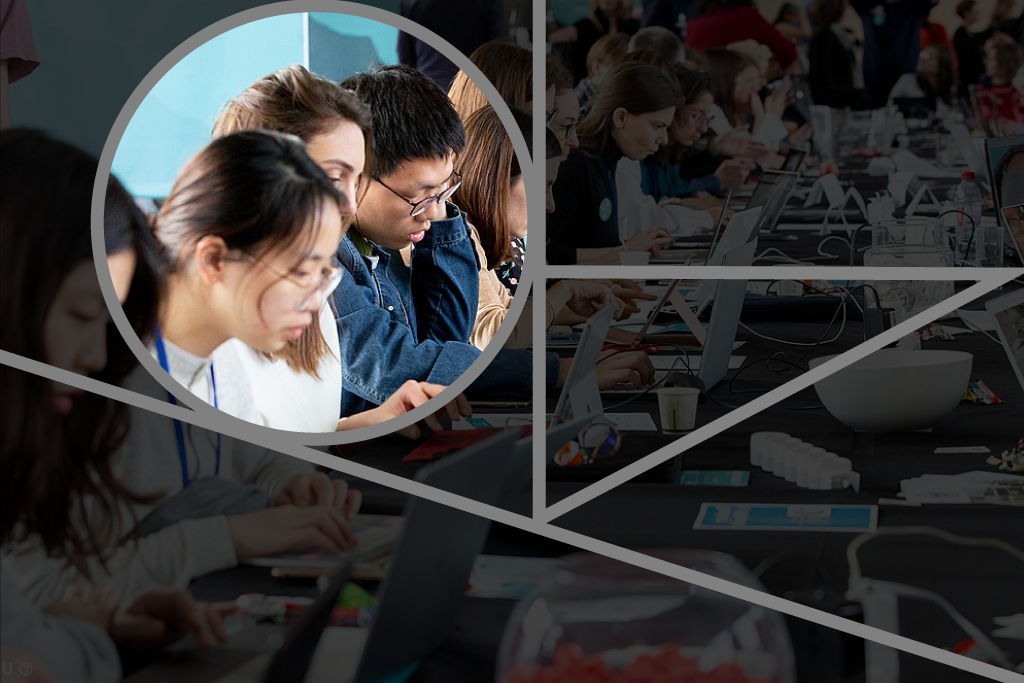
Wikipedia is powered by humans, so it is vulnerable to human biases. It is also a reflection and manifestation of structural and historical inequalities in opportunity and representation. We believe one of the first steps in overcoming these challenges is through understanding the problems, which is why we are developing a Knowledge Gaps Index. We embrace and encourage more research and data around Wikimedia projects, especially as it relates to knowledge equity.
Who is represented on Wikimedia projects?
- As of August 2021, only 18.13% of content in all Wikimedia projects, including biographies on Wikipedia, are about women. On English Wikipedia specifically, 19.04% of biographies are about women. (Humaniki, 2021)
- There are more Wikipedia articles written about Antarctica than most countries in Africa, and many in Latin America and Asia. Africa has almost twice the population of Europe, and yet only 15 percent the number of articles. (Oxford Internet Institute, 2018)
Who is reading Wikimedia projects?
- Across regions, men tend to read Wikipedia more often than women. Though awareness and usage of Wikipedia are high for both men and women in many regions of the world, based on reader surveys we estimate that one-third (33 percent) of Wikipedia readers over the age of 18 on any given day are women. (Characterizing Wikipedia Reader Behavior, 2019)
- The same survey showed that men on average also read more articles when they visit Wikipedia than women. As such, many of the top-read articles on Wikipedia draw almost exclusively readers who are men. (Global gender differences in Wikipedia readership, 2020)
Who is contributing to Wikimedia projects?
- Wikimedia contributors are 87% male. Almost half live in Europe and one-fifth in Northern America, as compared to 9.7% and 4.8% of the global population. (Community Insights Report, 2020)
- Fewer than 1% of Wikipedia’s editor base in the U.S. identify as Black or African American. (Community Insights Report, 2020)
- Although women were still markedly underrepresented among contributors, there was a modest increase in women contributors between 2019 (11.5%) and 2020 (15.0%). (Community Insights Report, 2020)
- Only 1.5% of Wikipedia editors are based in Africa, although people in Africa comprise 17% of the world’s population. (Community Insights Report, 2020)
- More men than women have tried to edit Wikipedia at least once. Across Wikipedia users in all six of the regions surveyed (the United States, Mexico, Egypt, Nigeria, Germany, and India), 27 percent of male respondents had edited Wikipedia at least once, while only 21 percent of female respondents had. (Women and Wikipedia survey, 2019)
What barriers exist and are experienced on Wikimedia projects?
- Biographies about women who meet Wikipedia’s criteria for inclusion are more frequently considered non-notable and nominated for deletion compared to men’s biographies. (Ms. Categorized: Gender, notability, and inequality on Wikipedia, 2021)
- Women and non-binary contributors have identified systemic bias in policies; lack of awareness and implicit bias within community; and poor community health as the biggest obstacles to achieving gender equity in the Wikimedia movement. (Gender Equity Report, 2018)
- The guidelines on reliable sources in the English, French and Spanish language editions of Wikipedia impact contributors and the inclusion of content for marginalized communities. (Unreliable Guidelines: Reliable Sources and Marginalized Communities in French, English and Spanish Wikipedias, June 2021)
- Many readers have challenges accessing Wikipedia (and other internet sites) because of issues with infrastructure, cost of data, and more. (New Readers, 2016)
How welcoming are Wikimedia projects?
- Most newcomers feel empowered to contribute to Wikimedia platforms, though some groups — such as those who identify as women, live in Eastern Asia, or who are not fluent in English — find acclimating to these social and technical spaces more difficult. (Community Insights Report, 2020)
- Feminist interventions designed to counteract digital knowledge inequality are successful at adding content about women that would otherwise be missing, but they are less successful at addressing structural biases that limit the visibility of that content. (The Gender Divide in Wikipedia, 2021)
- In 2015, 38% of survey respondents shared they had been harassed on Wikimedia projects, and 51% reported witnessing others being harassed. (Harassment survey, 2015)

Help us unlock the world’s knowledge.
As a nonprofit, Wikipedia and our related free knowledge projects are powered primarily through donations.